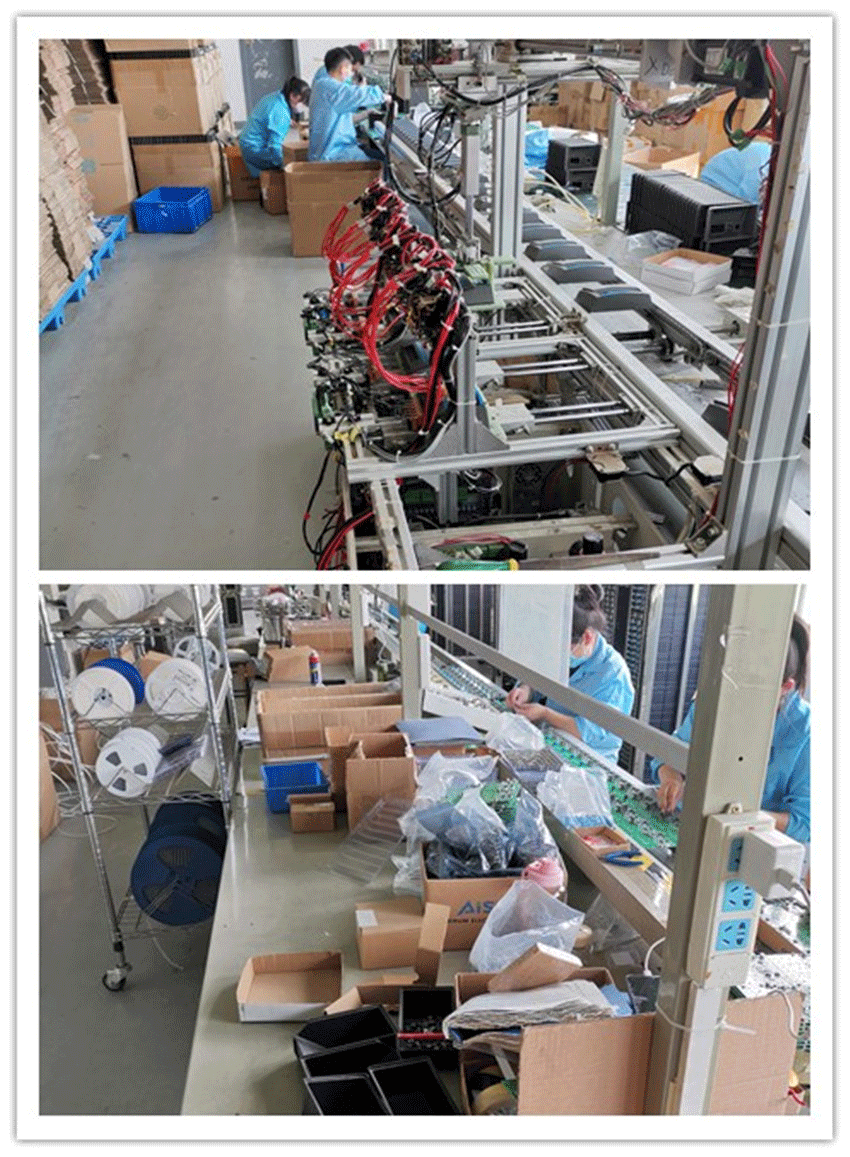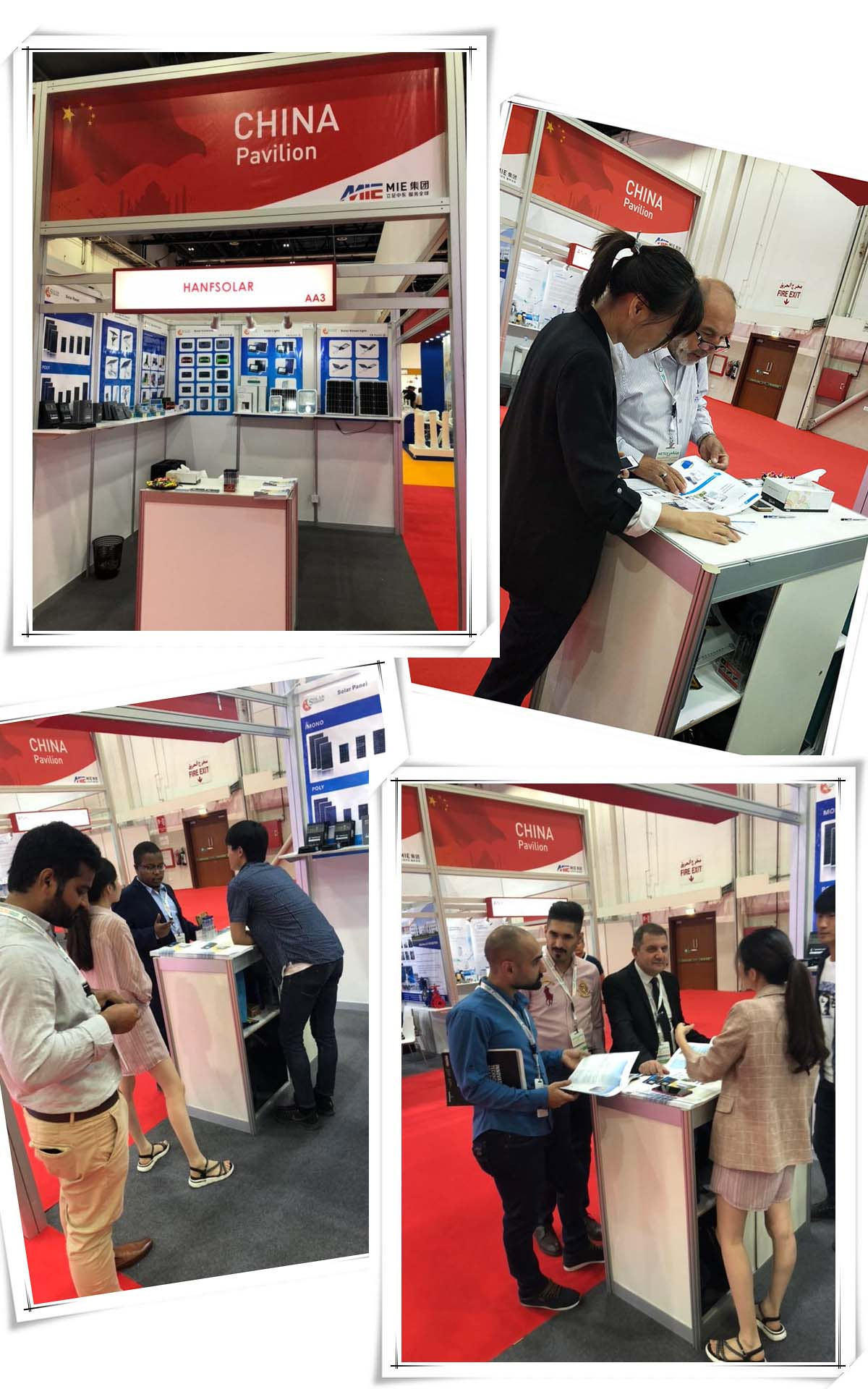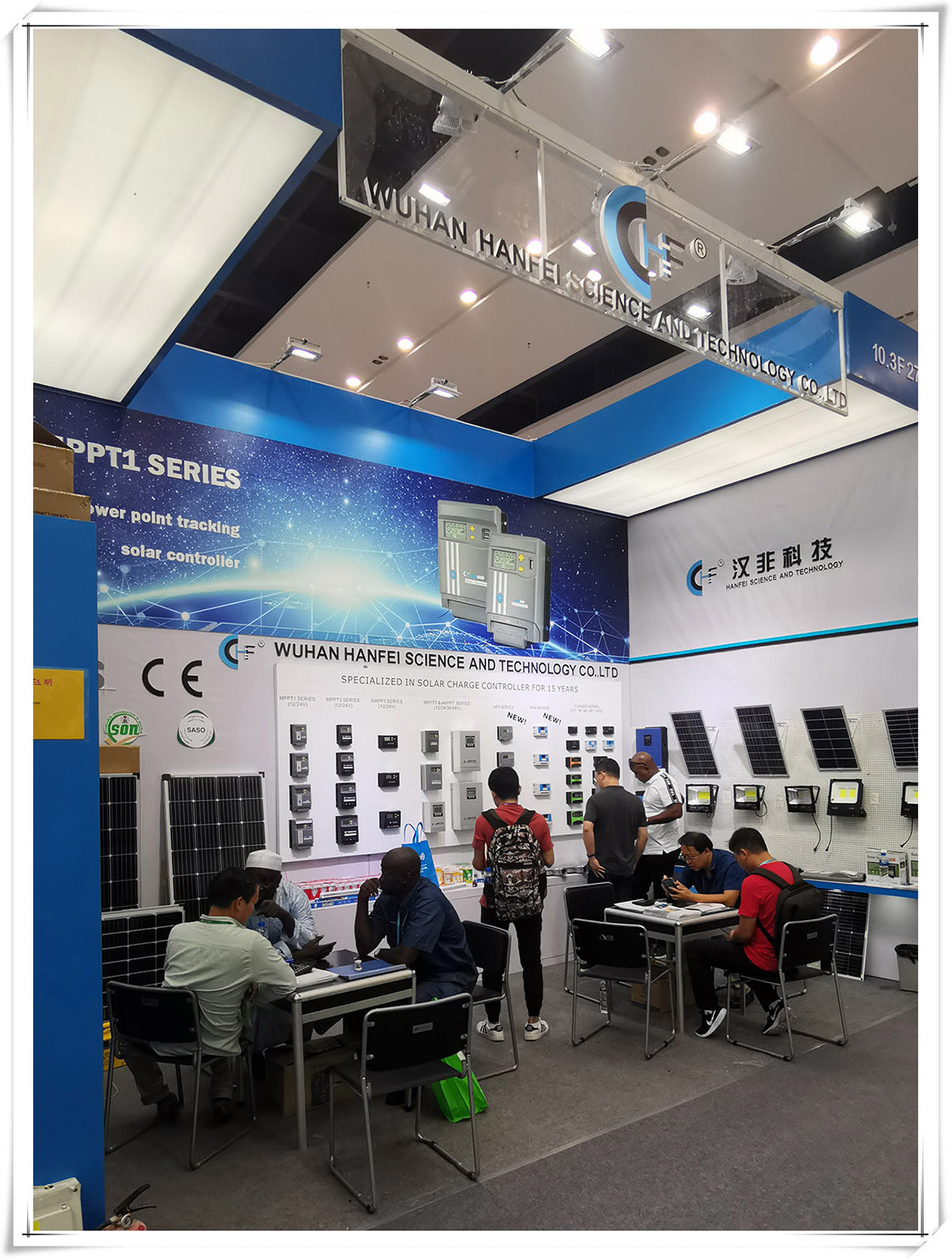News and Information

How Does a PWM Charge Controller Work in Solar Charging Systems?
Release date:
2023-09-21 09:04
Source:
Table of Contents
1. Introduction: Understanding the Importance of PWM Charge Controllers
2. What is a PWM Charge Controller?
3. The Working Principles of a PWM Charge Controller
4. Advantages of PWM Charge Controllers
5. How to Choose the Right PWM Charge Controller for Your Solar Charging System
6. Frequently Asked Questions (FAQs) about PWM Charge Controllers
7. Conclusion
1. Introduction: Understanding the Importance of PWM Charge Controllers
In the world of solar power systems, efficient energy conversion and storage are crucial. The success of any solar charging system relies on the proper management of energy flow, and this is where PWM charge controllers play a vital role. By regulating the charging process, PWM charge controllers ensure maximum efficiency and longevity of the batteries in solar systems.
2. What is a PWM Charge Controller?
A PWM (Pulse Width Modulation) charge controller is a device used in solar power systems to regulate the charging process of batteries. It acts as an intermediary between the solar panels and the batteries, optimizing the flow of power and preventing overcharging or over-discharging.
3. The Working Principles of a PWM Charge Controller
A PWM charge controller works by rapidly switching the connected solar panels on and off, adjusting the duration of the on-off cycles to maintain a constant voltage at the battery terminals. This switching action creates a pulsating direct current (DC) signal that simulates the characteristics of a sine wave.
When the solar panels generate more power than the battery can handle, the PWM charge controller reduces the duty cycle (on-time) of the switching, effectively limiting the charging current. Conversely, when the battery requires more charging current, the duty cycle is increased to allow a higher charging rate.
4. Advantages of PWM Charge Controllers
4.1 Efficient Power Conversion: PWM charge controllers are known for their high efficiency in converting solar energy into usable power. By adjusting the duty cycle to match the battery requirements, they minimize energy loss and maximize the charging efficiency.
4.2 Battery Protection: One of the key advantages of PWM charge controllers is their ability to prevent overcharging and over-discharging of batteries. By regulating the charging process, they ensure the batteries are always charged within their safe voltage limits, extending their lifespan.
4.3 Cost-Effectiveness: Compared to more advanced MPPT (Maximum Power Point Tracking) charge controllers, PWM charge controllers are more affordable. They offer a cost-effective solution for smaller solar charging systems where the panel voltage is close to the battery voltage.
5. How to Choose the Right PWM Charge Controller for Your Solar Charging System
When selecting a PWM charge controller for your solar charging system, several factors should be considered:
5.1 System Voltage: Determine the voltage rating of your solar panels and batteries to ensure compatibility with the PWM charge controller.
5.2 Charging Current: Calculate the maximum charging current required by your batteries and choose a PWM charge controller that can handle that current without overheating.
5.3 Load Current: Consider the load current that will be drawn from the batteries and choose a charge controller with an appropriate load capacity.
5.4 Protection Features: Look for additional protection features such as overcharge, over-discharge, and short-circuit protection to safeguard your solar system components.
6. Frequently Asked Questions (FAQs) about PWM Charge Controllers
6.1 What is the difference between a PWM charge controller and an MPPT charge controller?
6.2 Can I connect multiple solar panels to one PWM charge controller?
6.3 Can a PWM charge controller be used with lithium-ion batteries?
6.4 How long does a PWM charge controller last?
6.5 Can a PWM charge controller be used in off-grid solar systems?
7. Conclusion
In conclusion, PWM charge controllers are essential components of solar charging systems. By regulating the charging process, they ensure efficient power conversion, protect batteries from overcharging or over-discharging, and contribute to the overall longevity and reliability of the system. Understanding the principles and advantages of PWM charge controllers is crucial in designing and optimizing solar power systems for maximum effectiveness.
1. Introduction: Understanding the Importance of PWM Charge Controllers
2. What is a PWM Charge Controller?
3. The Working Principles of a PWM Charge Controller
4. Advantages of PWM Charge Controllers
5. How to Choose the Right PWM Charge Controller for Your Solar Charging System
6. Frequently Asked Questions (FAQs) about PWM Charge Controllers
7. Conclusion
1. Introduction: Understanding the Importance of PWM Charge Controllers
In the world of solar power systems, efficient energy conversion and storage are crucial. The success of any solar charging system relies on the proper management of energy flow, and this is where PWM charge controllers play a vital role. By regulating the charging process, PWM charge controllers ensure maximum efficiency and longevity of the batteries in solar systems.
2. What is a PWM Charge Controller?
A PWM (Pulse Width Modulation) charge controller is a device used in solar power systems to regulate the charging process of batteries. It acts as an intermediary between the solar panels and the batteries, optimizing the flow of power and preventing overcharging or over-discharging.
3. The Working Principles of a PWM Charge Controller
A PWM charge controller works by rapidly switching the connected solar panels on and off, adjusting the duration of the on-off cycles to maintain a constant voltage at the battery terminals. This switching action creates a pulsating direct current (DC) signal that simulates the characteristics of a sine wave.
When the solar panels generate more power than the battery can handle, the PWM charge controller reduces the duty cycle (on-time) of the switching, effectively limiting the charging current. Conversely, when the battery requires more charging current, the duty cycle is increased to allow a higher charging rate.
4. Advantages of PWM Charge Controllers
4.1 Efficient Power Conversion: PWM charge controllers are known for their high efficiency in converting solar energy into usable power. By adjusting the duty cycle to match the battery requirements, they minimize energy loss and maximize the charging efficiency.
4.2 Battery Protection: One of the key advantages of PWM charge controllers is their ability to prevent overcharging and over-discharging of batteries. By regulating the charging process, they ensure the batteries are always charged within their safe voltage limits, extending their lifespan.
4.3 Cost-Effectiveness: Compared to more advanced MPPT (Maximum Power Point Tracking) charge controllers, PWM charge controllers are more affordable. They offer a cost-effective solution for smaller solar charging systems where the panel voltage is close to the battery voltage.
5. How to Choose the Right PWM Charge Controller for Your Solar Charging System
When selecting a PWM charge controller for your solar charging system, several factors should be considered:
5.1 System Voltage: Determine the voltage rating of your solar panels and batteries to ensure compatibility with the PWM charge controller.
5.2 Charging Current: Calculate the maximum charging current required by your batteries and choose a PWM charge controller that can handle that current without overheating.
5.3 Load Current: Consider the load current that will be drawn from the batteries and choose a charge controller with an appropriate load capacity.
5.4 Protection Features: Look for additional protection features such as overcharge, over-discharge, and short-circuit protection to safeguard your solar system components.
6. Frequently Asked Questions (FAQs) about PWM Charge Controllers
6.1 What is the difference between a PWM charge controller and an MPPT charge controller?
6.2 Can I connect multiple solar panels to one PWM charge controller?
6.3 Can a PWM charge controller be used with lithium-ion batteries?
6.4 How long does a PWM charge controller last?
6.5 Can a PWM charge controller be used in off-grid solar systems?
7. Conclusion
In conclusion, PWM charge controllers are essential components of solar charging systems. By regulating the charging process, they ensure efficient power conversion, protect batteries from overcharging or over-discharging, and contribute to the overall longevity and reliability of the system. Understanding the principles and advantages of PWM charge controllers is crucial in designing and optimizing solar power systems for maximum effectiveness.
Recommended News
RECOMMEND NEWS
Wuhan Hanfei Technology Co., Ltd. has started! ! !
2025-09-17
On April 8, 2020, Wuhan City completely lifted the ban, and our Wuhan Hanfei also resumed production. Now welcome new and old customers to consult.
Hanfei Technology participated in the 2019 Dubai Exhibition
2025-09-17
Hanfei Technology participated in the 2019 Dubai Exhibition
Hanfei Technology is waiting for you at the 126th Canton Fair
2025-09-17
The 126th Canton Fair was held from October 15th to May 5th in Guangzhou Pazhou Complex.






